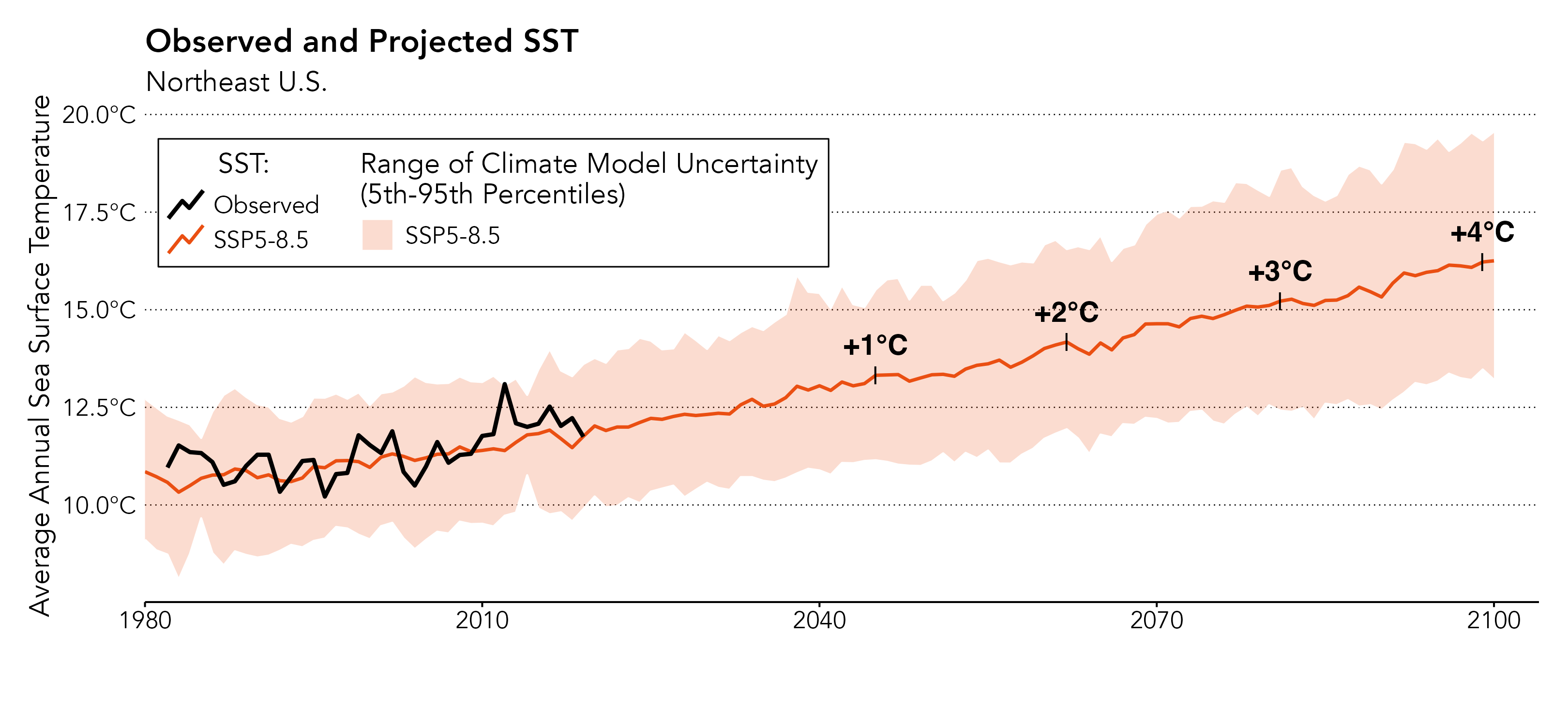Welcome!
Thank you for taking the time to visit my personal site!
I am a data scientist and marine science researcher located in Portland, ME where I study changes in species distribution and demographics. Over my short career I have had tremendous fortune to work with some dynamic research teams across a range of beautifuly complex habitats and interesting research topics.
My involvement/roles in these projects have shifted tremendously over my career. That journey thus far has seen a marked transition from early attempts at maximizing fieldwork, to more data-centric roles. I find myself more often leveraging the (near) decade of programming experiences to address big-data and statistical modeling questions.
On a more personal level, I am a lover of the outdoors and I enjoy taking the opportunities I have to spend time outdoors exploring Maine’s coastal and more mountainous regions with my family. I more recently have taken up running as an exercise/hobby, and this has helped me clear my head and get me out to see a different side of the place I live.
This site is a means for me to share some of the projects that have been impactful to my development as a professional data-scientist and as a person.It is my hope to share these experiences and highlight what I feel were some of the most interesting lessons, tips and tricks, and challenges encountered along the way.
Cheers!
Major Research Themes:
In my professional roles, I’ve been closely involved in a number of research projects studying single-species and multi-species ecological community responses to ocean warming. This work has followed ecological changes measured across a number of dimensions.
- Changing community structure: Has the network of familiar species changed?
- Changing population dynamics: Are populations increasing/decreasing?
- Changing population size structure: Are we seeing smaller individuals of this species?
- Projected climate change impacts: What do different Shared Socio-Economic Pathways Project for the environment our area?
- Species movement under changing climates: How are species likely to move as the climate changes?
Recent Focus: Ecological Responses to Ocean Warming
My research in New England has centered on how marine species and their ecological communities are responding to rapid ocean warming. Due in-part to shifts in major adjacent ocean currents, sea surface temperatures along the Northeast US & Nova Scotian continental shelf have been warming faster than most locations on Earth. This rapid-warming has attracted the attention of researchers, like myself, who wish to increase the understanding of how ecosystems respond to a changing environment.
Major Project: Sea Surface Temperature Change and Marine Heatwaves
For the last three years I have led the analysis and data-visualization efforts for the Gulf of Maine Research Institute’s cross-org communication effort: The Gulf of Maine Warming Reports.
This collaborative project produces series of quarterly reports tracking sea surface temperature changes in our region, one of the fastest warming locations on Earth. The aim of this science-communication endeavor has been to raise awareness of changes in the regional ocean climate.
The coastal communities of New England and Canada (past and present) have rich cultural histories entwined with the local ecology. This work shines a light on how observed changes in the environment may influence marine species and the communities they support.
The code I use to maintain the sea surface temperature data processing pipeline for tracking and reporting regional changes is available on my github, in my oisst_mainstays repository.
Here you will find the python workflows I use for acquiring and processing climatologies, and the R quarto documents I use to compose quarterly summary reports.
Major Project: Climate Change Scenarios for Northeast US
The resilience of social and ecological systems to projected climate change scenarios is a major research effort. Our lab at [GMRI](https://www.gmri.org) has assembled ensemble datasets for two shared socio-economic pathways, which project ocean conditions forward through 2100.
These ensemble datasets were statistically downscaled and seasonally bias-corrected using satellite ocean observation datasets and ocean reanalysis models. The following figure displays how actual sea surface temperatures (black) compare to the ensemble mean SST & uncertainty from the SSP5-8.5 ensemble we’ve prepared.

How I Work: Collaborative Work with Open-Science
Open-source programming languages (R & python) and their associated toolchains are instrumental for modern research. I employ these tools in my daily work (and in designing this website), and I am a stuanch believer in the open-science culture that has developed around their adoption in research. I am an open-science advocate, and I participating in projects where code-sharing and collaboration is encouraged. I am always looking to learn and collaborate with others and get involved with initiatives for social and environmental good. For those looking to connect you can reach me and find my work on github.
